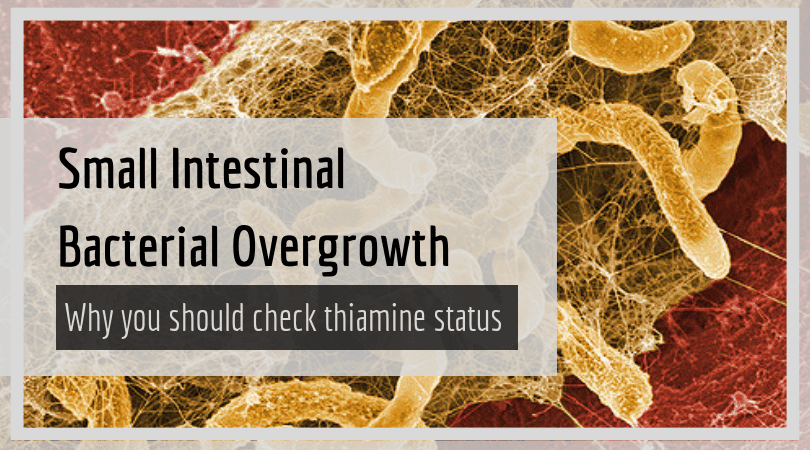mostlylurking
Member
I think that experimentation is very important. However, it is good to try to keep it as simple as possible. Changing more than one thing at a time can make things very confusing. When you have a response (positive or negative) it will be more difficult to figure out what caused it.Awesome thank you! I think so too I will increase my milk. I’m at 200mg of Benfothiamine and 100mg of TTFD. I think I will to to 300mg of Benfothiamine and maybe start experimenting again with thiaminHCL as an addition, like you said at least 30min after a meal. Or I will raise TTFD further..
A few days ago, I tried a 100mg sublingual thiamine mononitrate pill. I did get a noticeable response from it that I had not noticed from my usual 1gram thiamine hcl 2Xday for a long time. I've read that the 100mg sublingual is comparable to a 100mg injection of thiamine hcl because neither of these have to get absorbed via the gut. The difficulty for me is trying to work out how often to take the sublingual. The amount of thiamine hcl I've been taking (2 grams/day) equals to one 100mg injection of thiamine hcl per week. I decided I shouldn't take the 100mg sublingual everyday because that would probably be too much and I'd get negative effects. So I skipped the next day and took nothing. The next morning, I woke up with severe inflammation which I had not experienced in 18 months. So I took my one gram of thiamine hcl and the inflammation disappeared in about an hour. So for now I've decided that I'm just going to continue taking the 1gram of thiamine hcl 2Xday and not pursue the sublingual thiamine.





